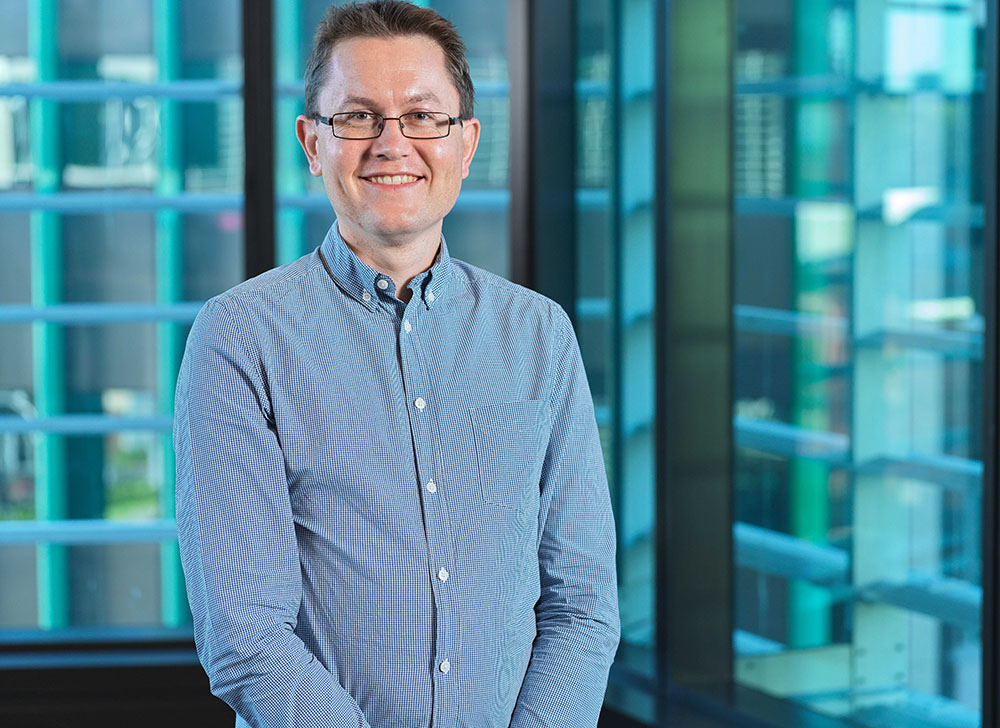
QUT has joined the International Consortium for Communication in Healthcare.
The Consortium’s mission is to translate cutting-edge communication research into best practice and training for safe and compassionate healthcare.
QUT health communication researcher Dr Stuart Ekberg from the Faculty of Health’s School of Psychology and Counselling said the Consortium was an international interdisciplinary collaborative research and training hub in healthcare communication to improve patient safety and quality of healthcare.
“Communication is the most commonly used procedure in healthcare settings,” Dr Ekberg said.
“Diagnoses can be made on the basis of symptoms a patient describes, decisions made by discussing the pros and cons of different treatments, and care managed over time through conversations about a patient’s progress.”
Dr Ekberg is a member of the Health Communication Lab at QUT, where researchers study healthcare communication directly by video recording real-world clinical encounters.
“We have gained new insights possible only through detailed analysis of this real-world data, which differs from most communication research that is gleaned from surveys and interviews.
“The Consortium comprises research-intensive universities around the world, including the Australian National University, Nanyang Technological University, the University of Hong Kong; University College London, and Lancaster University.
“The composition of the Consortium is a key strength, as we know communication is influenced by language and culture. This multinational Consortium will provide enhanced understanding of healthcare communication across cultures.

“For example, in Lulu Wang’s 2019 film, The Farewell, a Chinese woman’s family and clinicians are drawn into a dispute about whether to tell her that she is dying from cancer.
“Throughout the film, the woman’s American granddaughter struggles with what her grandmother’s doctor describes as a ‘good lie’ that most Chinese families would tell their loved ones.
“This movie reminds us that what is the case in one cultural or linguistic context may not necessarily be in the same in another.
“With a particular emphasis on the Asian region, Consortium partners will work to identify differences in healthcare communication across nations, languages and culture – for a multicultural country such as Australia understanding this diversity is essential for safe and effective healthcare.”
Dr Ekberg said QUT researchers had studied how clinicians and family members discussed death.
“We found that people tended to talk about the impending death of a family member indirectly. This is not the same as death being a topic that is taboo.
“Families still spoke about death, they just did so with delicacy. Our research highlights that it is essential for clinicians to appreciate that indirect talk does not necessarily mean that family members do not wish to discuss the future death of their loved one.
“By working as a part of the Consortium, we can now work to understand whether our findings translate to different cultural and linguistic contexts.”
The Consortium will host a webinar on Wednesday 23 September at 5pm (AEST) titled “Communication in Health Care and the impact of COVID-19.” Consortium members, including Dr Ekberg, will discuss research on healthcare communication during the COVID-19 pandemic.
QUT Media contact:
Niki Widdowson, 07 3138 2999 or n.widdowson@qut.edu.au
After hours: Rose Trapnell, 0407 585 901, media@qut.edu.au


